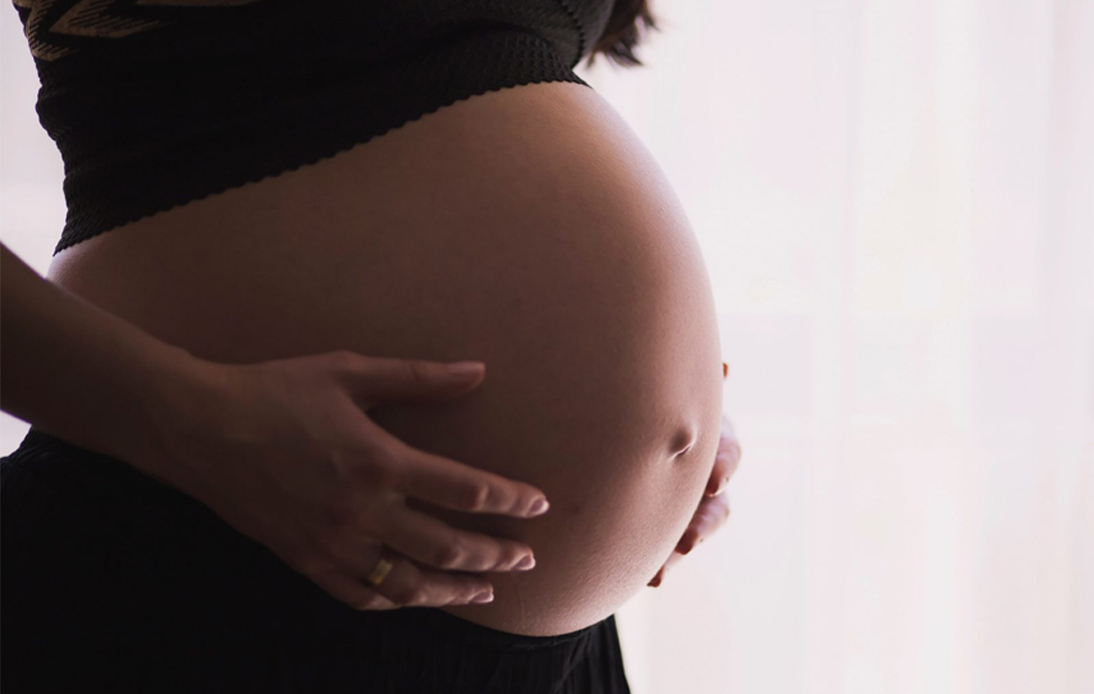The Department of Health Service Support has announced that authorities are preparing to revise the surrogacy regulations to allow foreign couples to have surrogate babies in Thailand.
Arkhom Praditsuwan, the deputy director-general of the department, stated that the current legislation, known as the Protection for Children Born through Assisted Reproductive Technologies Act, mandates that surrogacy service users be Thai nationals.
The proposed changes would allow international couples to access surrogacy services within the country, giving them the option to bring potential surrogate mothers from abroad or choose from Thai women.
A committee within the department is currently drafting these new rules.
“If the bill passes, it will be the first of its kind in the world,” said Mr. Arkhom. “Foreigners are paying special attention to this issue. When this is liberalized, the health economy should become quite active.”
He also mentioned that the bill would include specific measures to combat human trafficking.
The problem of illegal surrogacy by foreigners has been a persistent issue in Thailand, alongside ongoing investigations into the illegal trade of frozen semen, eggs, and embryos.
The current legislation, enacted in 2015, was a response to several scandals, aiming to regulate the surrogacy industry and prevent its misuse by non-Thai nationals.
Dr. Sura Wisedsak, the department’s director-general, said the legislation has been effective in helping numerous couples with fertility challenges.
Currently, there are 115 facilities offering fertility treatments across the country, including clinics, private, and public hospitals.
The birth rate last year dropped below 500,000, with an expected further decrease this year, according to Dr. Sura.
With an annual death rate of approximately 800,000, Thailand’s population is decreasing, with those aged over 60 making up 20% of the population, a figure expected to rise to one-third by 2030.
Dr. Sura noted that the country has seen an increase in the success rates of fertility treatments, with the technology used receiving international recognition.
Additionally, this year, plans are in place to propose further amendments to the act to allow egg donations from women’s biological relatives aged between 20 and 40 and to enable women over 55 to seek surrogacy services for having children.


